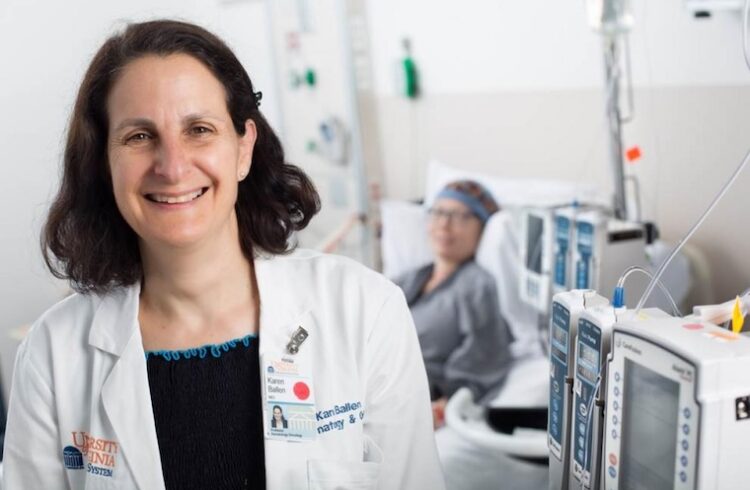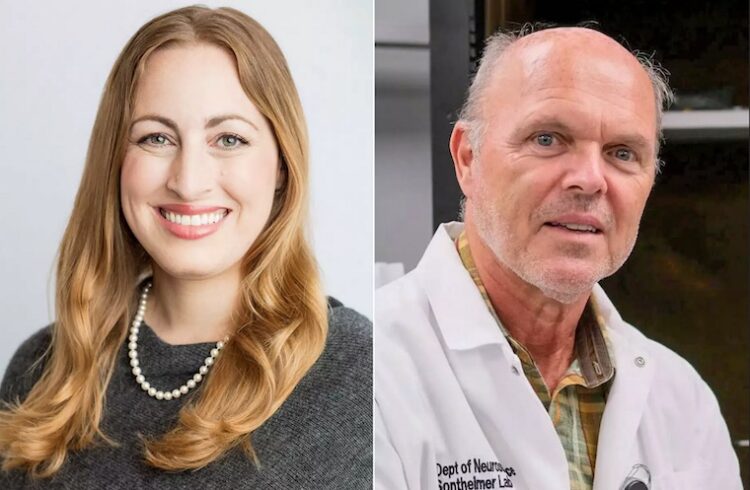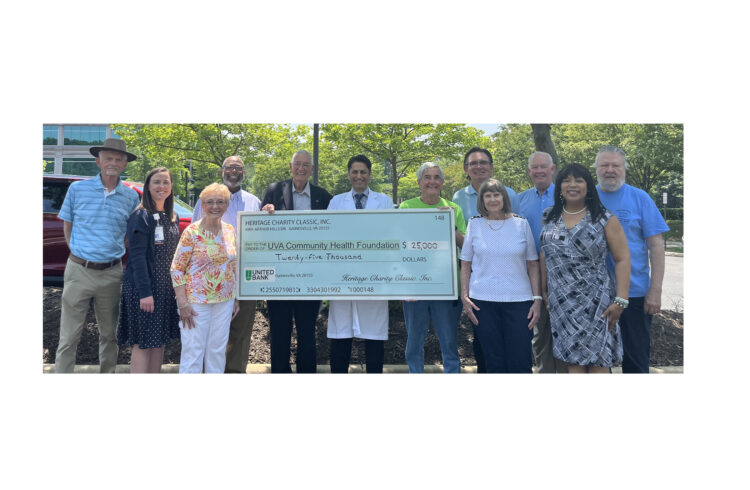
“Women simply shouldn’t have to live with a distressing lack of sexual desire,” asserts Anita Clayton, MD, professor of psychiatry and neurobehavioral sciences at the University of Virginia School of Medicine. “But right now women don’t have many treatment options.”
That soon may change for the thousands – perhaps millions – of pre-menopausal women suffering from Hypoactive Sexual Desire Disorder (HSDD), an under-treated medical condition often described by women as a distressing lack of, or decrease in, sexual desire that may put strain on relationships with their partners.
Dr. Clayton and fellow lead investigators have announced remarkable results from several nationwide Phase III clinical trials assessing flibanserin, a new non-hormonal medication that is proving to be an effective therapy for pre-menopausal women with HSDD. Findings were presented November 15, 2009 at the 12th Congress of the European Society for Sexual Medicine in Lyon, France.
Trial data demonstrates that flibanserin 100mg daily increased the number of satisfying sexual events (SSE) and sexual desire (the study’s co-primary endpoints) while decreasing the distress associated with HSDD. Flibanserin is an investigational compound being developed by Boehringer Ingelheim Pharmaceuticals, Inc.
“With this data, we are making exciting progress in women’s sexual health research, as flibanserin is the first in a class of drugs being studied for this condition in pre-menopausal women,” says Dr. Clayton. “This is an important milestone for an under-recognized condition for which there is no FDA-approved treatment.”
“HSDD is a complex condition that can cause distress and negatively impact a woman’s self-esteem,” Dr. Clayton continues. “Women suffering from this disorder often report feelings of frustration and anxiety and view themselves as being sexually defective. They worry about their lack of desire negatively affecting their relationship and their partner. But I think it’s important to note that we’re not talking about women who simply don’t want to have sex or aren’t concerned about a lack of desire. It’s about the women who suffer significant mental distress from their lack of desire.”
In the pooled analysis of 1,378 pre-menopausal women with HSDD, the frequency of satisfying sexual events (SSE) increased significantly in women taking flibanserin 100mg (increasing from 2.8 at baseline to 4.5 at study end) versus placebo (2.7 at baseline increasing to 3.7 at study end) over the 24-week study period. A patient reported outcome measure, SSE measures the number of sexual events (defined as sexual intercourse, oral sex, masturbation or genital stimulation by the partner), and whether each event was satisfying for the woman.
Flibanserin also demonstrated statistically significant improvements in sexual desire versus placebo as measured by a daily electronic diary (eDiary) and the Female Sexual Function Index (FSFI) desire domain. The FSFI is a 19-item self-administered questionnaire composed of six domains (desire, arousal, lubrication, orgasm, satisfaction and pain).
Flibanserin significantly improved sexual functioning (as measured by the FSFI total score), distress related to sexual dysfunction (as measured by a self-administered questionnaire, the Female Sexual Distress Scale-Revised, FSDS-R, score) and distress related to low sexual desire (the score on FSDS-R question 13) versus placebo.
All women enrolled in the study were in stable, communicative, monogamous, heterosexual relationships with a sexually functioning partner for at least one year. Women ranged in age from 18 to 55 and were required to use a reliable form of contraception.
“HSDD is not a new disorder; it’s been recognized in the field for more than 30 years,” Dr. Clayton points out. “What’s new is that people are beginning to talk about it. Before, women’s sexual issues were taboo subjects – even between patient and physician. Now we have the chance to open up the dialogue.”


